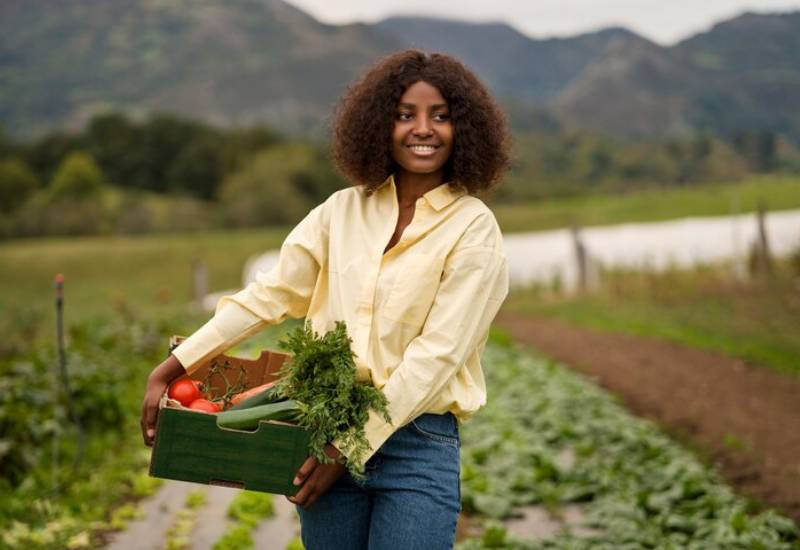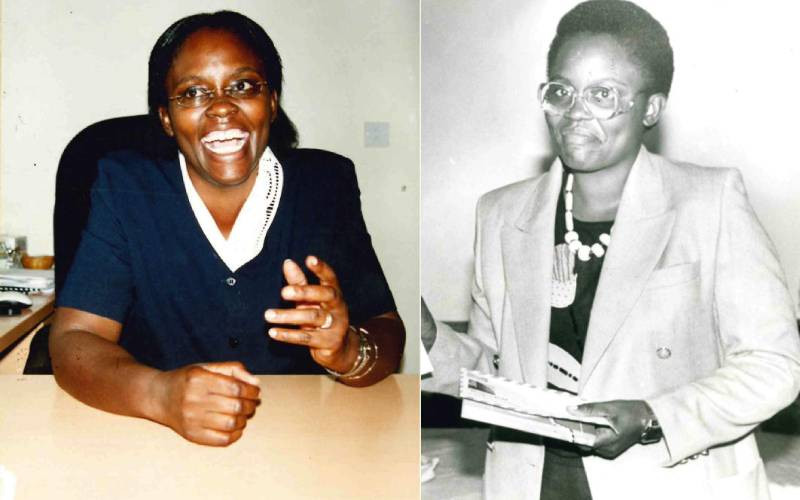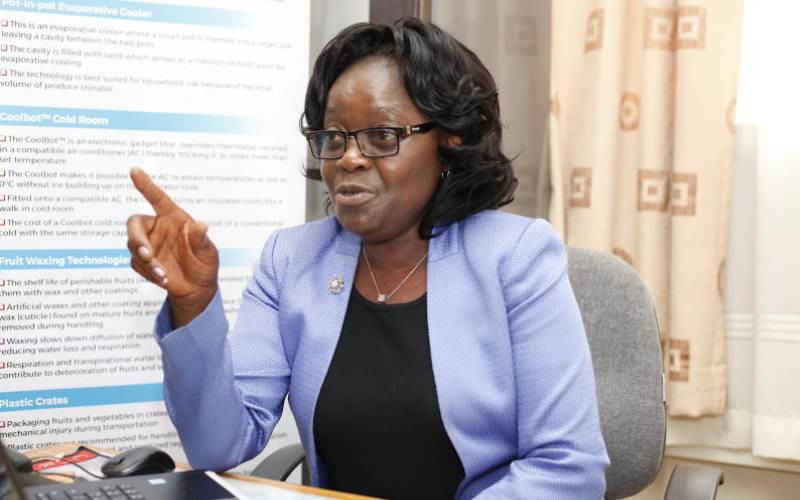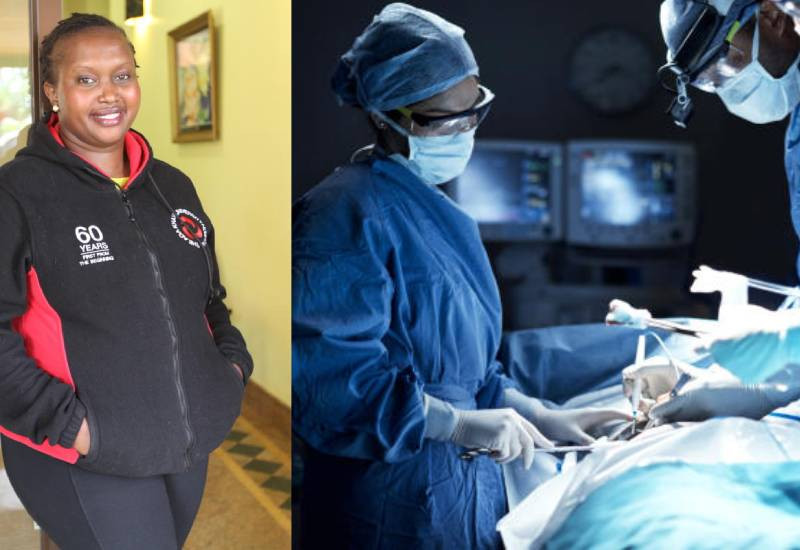
Professor Jane Ambuko is Head of Horticulture at the Department of Plant Science and Crop Protection, University of Nairobi. Her training, research, and outreach activities are focused on sustainable and effective solutions to reduce post-harvest losses in horticultural value chains.
Prof Ambuko is the brains behind the recently launched Fresh Produce and Aggregation Hub courtesy of the University of Nairobi and other partners. She tells us about her career in the university spanning over 20 years and how she led a team that delivered the first fresh produce and aggregation hub in the country.
What inspired you to come up with this idea?
It is all about the urge to find solutions for farmers because many of them are facing challenges. This discussion started last year but it has taken time to turn the idea into a structure and now to get a partner to operationalise it. This is more about connecting farmers to the market and helping them get a certain quality that meets market requirements.
Tell us more about this project
We aim to address the challenge of market access and safety of fruits and vegetables and the hub is designed to have produce handling sections. They include a cold room where produce can be stored (long term) and removed in batches depending on customer orders. The aggregation centres equipped with cold storage facilities have helped farmers aggregate their produce to achieve the large quantity demanded by traders.
Who will benefit from this hub?
We aim to train farmers to produce a certain quality of produce, including its traceability, on their farms and the university farm. The produce that we bring to the hub will have a certain quality so that it will carry a certain mark of quality. This means the product has adhered to certain standards from production to the time it comes to the hub. It also helps with traceability and safety.
- Engage your child with these fun ideas during the holiday
- How to manage challenging behaviour in children
- Understanding and coping with a toxic mother
- How to keep kids busy over holidays
Keep Reading
How is this crucial to the farmers?
We are going to start off with farmers in two counties. We will be working with 150 farmers who are organised in groups and they will be trained on good production practices to ensure they get optimum yield from the farm. This will ensure that whatever they get is of good quality. The farmers in these two counties, in the beginning, will be supported to get their produce to the urban market through this hub but beyond the project, we will also reach out to other partners to help us reach out to farmers. For this project, the focus is African leafy vegetables but we want to go beyond vegetables and do all the fresh produce including fruits, root crops and tubers.
You mentioned food safety and traceability…
Most importantly, for us to market such produce through the hub, it must meet certain standards. This is why we are talking about a mark of quality that ensures there is traceability and the produce is safe. So that whatever we sell here has been approved and carries a mark of quality.
How about the increasing demand?
We start here because we are showcasing innovation and we want to see this replicated in other parts of the country where there is fresh produce. Beyond Nairobi, we are also hoping to hear there is another hub in Eldoret or Kisumu because production is everywhere. Smallholder farmers are everywhere. When we talk about smallholder farmers, we don’t refer to just fruits and vegetables but also other commodities. Our idea is to allow those who want to learn to have a platform because we are learning institutions but also go and build bigger ones in other parts of the country.
How did you manage to get support?
This project operationalisation was made possible by USAID through the horticulture innovation lab. We have other partners because for us to expand the market, we must work with retailers because we want to see the products from the hub in the supermarket.
Are there expected impacts?
The urban market linkage is expected to ensure better profits for smallholder farmers. Increased efficiency and a short supply chain are expected to reduce post-harvest losses in the supply chain. Minimal processing (plucking and packaging) of the African Indigenous Vegetables (AIVS) will make them conveniently available to urban consumers. The Hub will be used as a showcase of best practices to deliver high-quality and safe fruits and vegetables.
What is the future of this project?
We plan that in the future, our produce will be available in leading supermarkets because the packaging and quality is assured. That is why it is indicated that they are packaged at the university. In the next few months, you will be seeing these products in the supermarket not only showing our brands but also showing that we are linking farmers to the market.
How long have you been in the university?
I’m a professor of horticulture and I studied my undergraduate at the University of Nairobi. The same case with my masters but I went out for PhD but came back as a lecturer. I have been working at the institution since 2001.
 The Standard Group Plc is a multi-media organization with investments in media platforms spanning newspaper print
operations, television, radio broadcasting, digital and online services. The Standard Group is recognized as a
leading multi-media house in Kenya with a key influence in matters of national and international interest.
The Standard Group Plc is a multi-media organization with investments in media platforms spanning newspaper print
operations, television, radio broadcasting, digital and online services. The Standard Group is recognized as a
leading multi-media house in Kenya with a key influence in matters of national and international interest.










